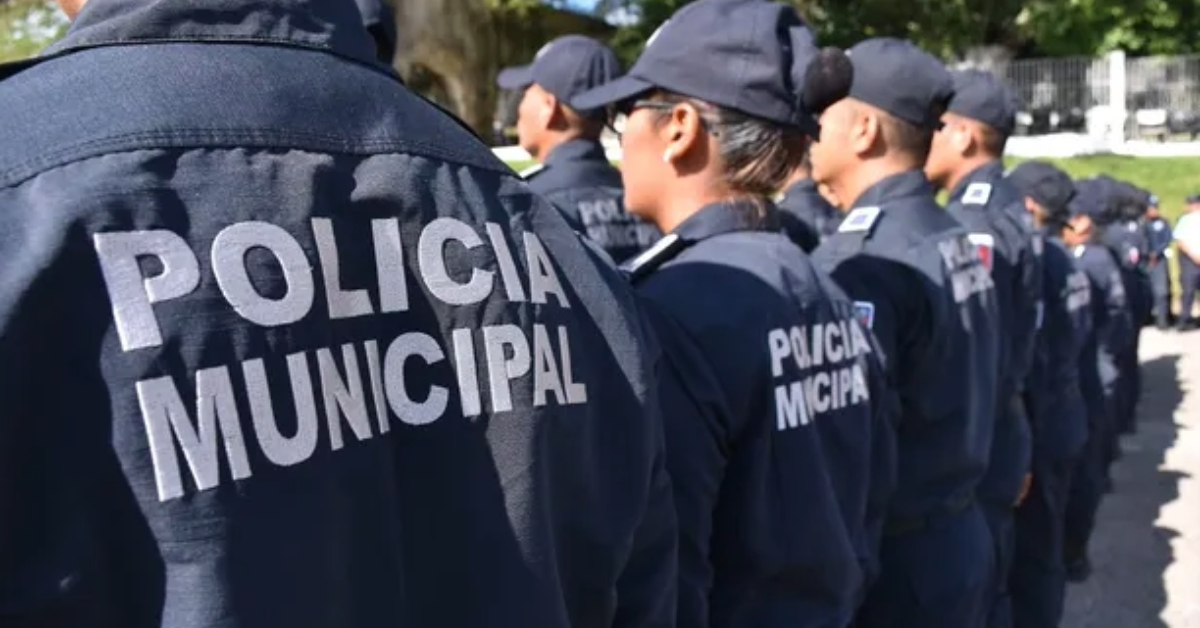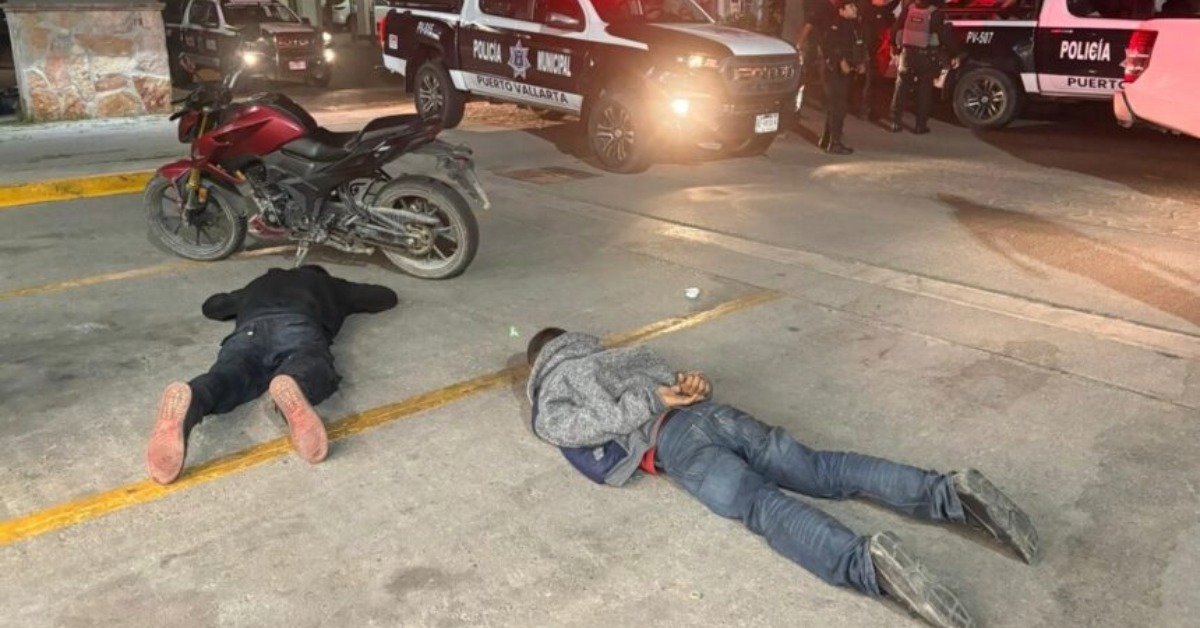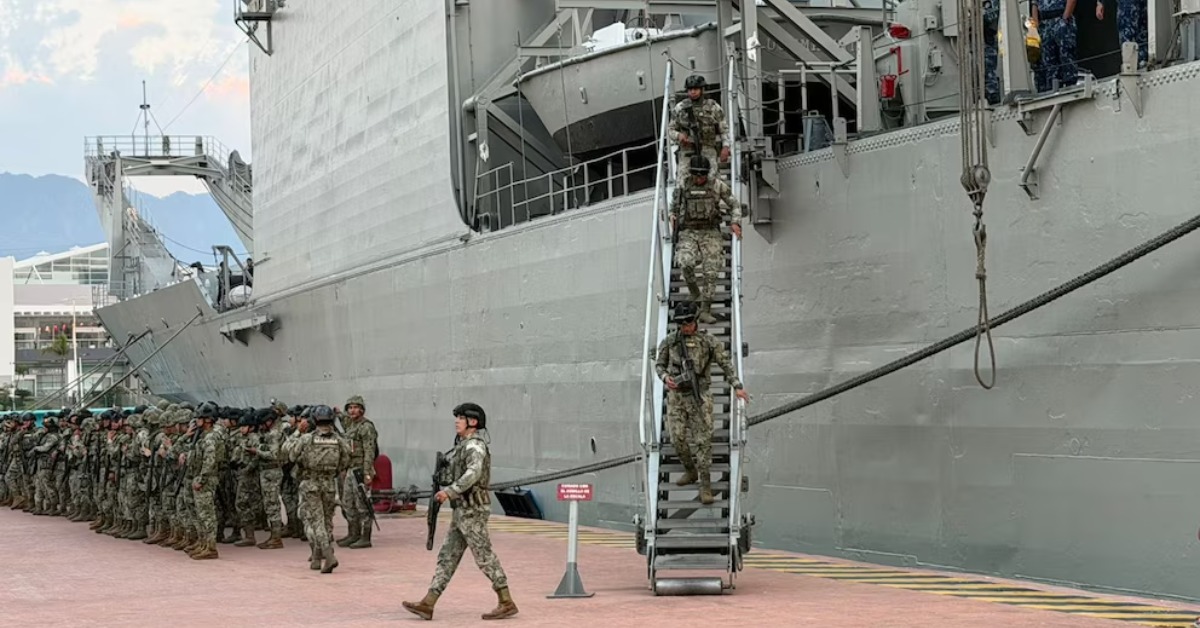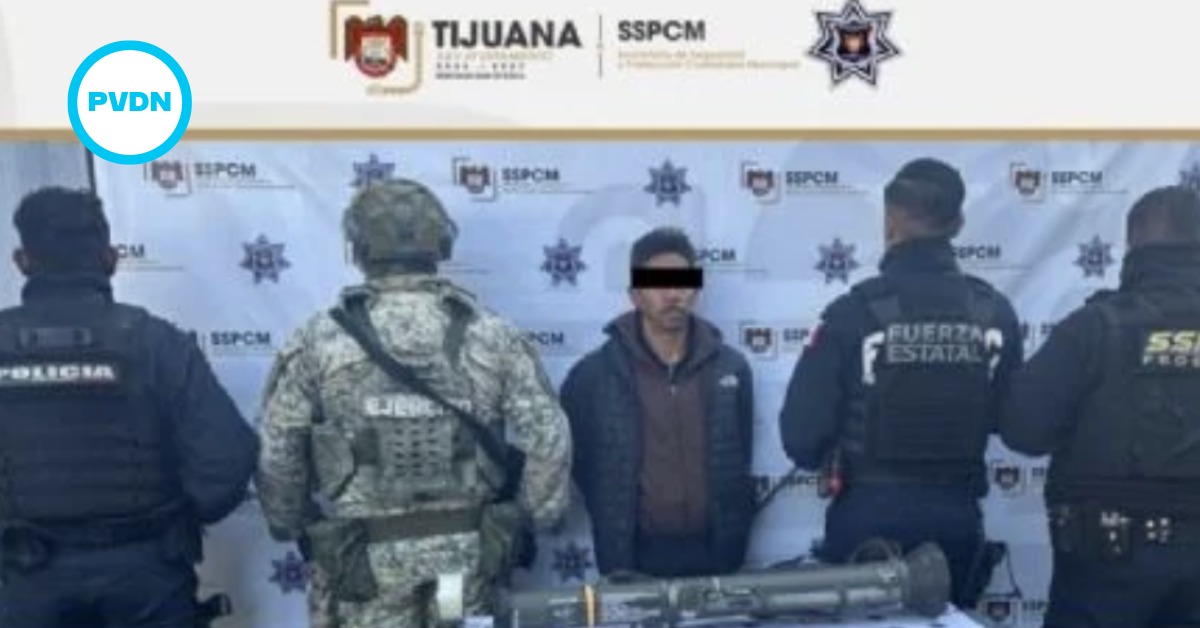Puerto Vallarta, Mexico - Mexico has endured what civil organizations are calling the most violent electoral period in the nation's modern history. Across the country, from the north to the south, officials and candidates for public office have faced an unprecedented surge in armed attacks, kidnappings, and threats.






